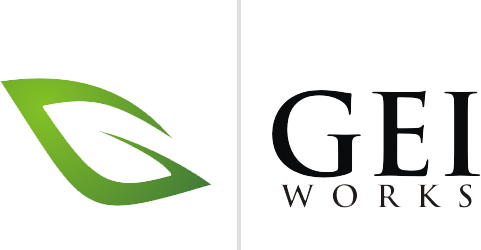There are five main factors to consider when selecting floating barriers for a saltwater project.
Longevity: The widely used reinforced PVC fabrics in turbidity curtain and floating boom are often durable enough to withstand general saltwater conditions. However, due to extended deployment in areas with higher than usual pH levels, high, low, or high-to-low temperature fluctuation, and contaminated water where chemicals or hydrocarbons may be present, consideration should be given to other fabric options available. Most often fabric boom or curtain is not meant to be a permanent solution. When requiring containment for more than one to three years, you should take fabric and materials selection under advisement.
Corrosion: Galvanized steel cable, marine-grade aluminum fasteners, anchor points, and similar components are subject to corrosion if placed in a saltwater environment for more than a year. These can upgrade to stainless steel for much longer resistance to the corrosive effects of salt water. Also recommended for use are zinc anodes in conjunction with stainless steel components. Zinc anode is a metal that releases its ions faster than surrounding metal and therefore draws corrosion to it rather than the marine-grade aluminum connectors. Zinc anodes utilized in conjunction with stainless steel can increase the life of the metal components significantly for longer-term projects in salt water. For shorter term projects, galvanized components can be used up to 12 months.
Forces: One of the largest considerations factored in when selecting turbidity curtain or debris boom are the forces present in most saltwater bodies. Force and motion and the stressors created by the tide, currents, wave action, winds, and water depth are all critical factors in determining the right boom or curtain to deploy for saltwater projects. Carefully review these factors as it will determine whether a permeable fabric should be added to a portion of the skirt to allow for greater flow in higher-current conditions where billowing will render the floating barrier ineffective, or if additional support will be needed.
In addition to permeable fabrics, chain, connectors, stress plates, cables, and floats must be chosen to best withstand the greater forces that are present in bodies of salt water. If water column depth is a factor, then longer skirts will require bulkier chain, hardier cables and tension systems, larger floats, and the addition, installation, and utilization of reefing lines.
The most important consideration when dealing with saltwater conditions and the forces likely to be exerted on the turbidity curtain or boom is proper anchoring. The key factor for the successful performance of curtain in saltwater projects is sufficient and effective anchoring. Often saltwater conditions require dual anchoring systems, especially in tidal conditions where flow may reverse from one side to its opposite. Additional items may be required to install or keep the curtain performing as needed in these conditions, including tidal compensators, tow bridles, reefing lines, and buoys.
Navigation: Another factor taken into consideration is whether turbidity curtain or boom will deploy in a navigable waterway. Should there be marine traffic, anchoring, and curtain layout may be affected. Anchoring plans may require adjustment to allow for unimpeded marine traffic. Additionally, marine regulations may require the use of warning signs, buoys, navigational lights, or floating markers. GEI Works can recommend and supply navigational accessories to protect project areas and traffic through shared waterways where the curtain or boom is installed.
Maintenance: Maintenance should not be neglected with deployed turbidity curtain or boom for saltwater projects. A vigorous inspection and maintenance schedule should be undertaken to ensure the curtain remains effective and safe.
Recommended frequency for inspection could be as often as daily in high marine traffic, construction, high-current, and wind or wave conditions. Turbidity curtains or boom should be removed before severe storms and should be inspected as soon as possible following a major weather event.
The inspection should include checking the curtain for marine growth and ensuring the skirt has not become buried in debris or sediment. The Army Corps of Engineers recommends that the skirt always remain one foot from the bottom.
Check connections, buoys, and mooring lines for marine growth and clean, if needed. Re-positioning or re-tensioning of anchors may be required periodically to maintain an effective profile and to ensure the settling basin shape and size remains stable. Components or sections may require cleaning, maintenance, replacement parts, or section removal and replacement. Curtain formerly placed in salt water should be rinsed with fresh water thoroughly and allowed to dry before being stored for further use.
GEI Works recommends the practice of utilizing a log to record inspection and maintenance required and performed on a job site for the duration of the project and can provide one for use.
Contact Our Team at GEI Works to discuss your project and develop a solution.
geiworks.com | (772) 646–0597 | info@geiworks.com




